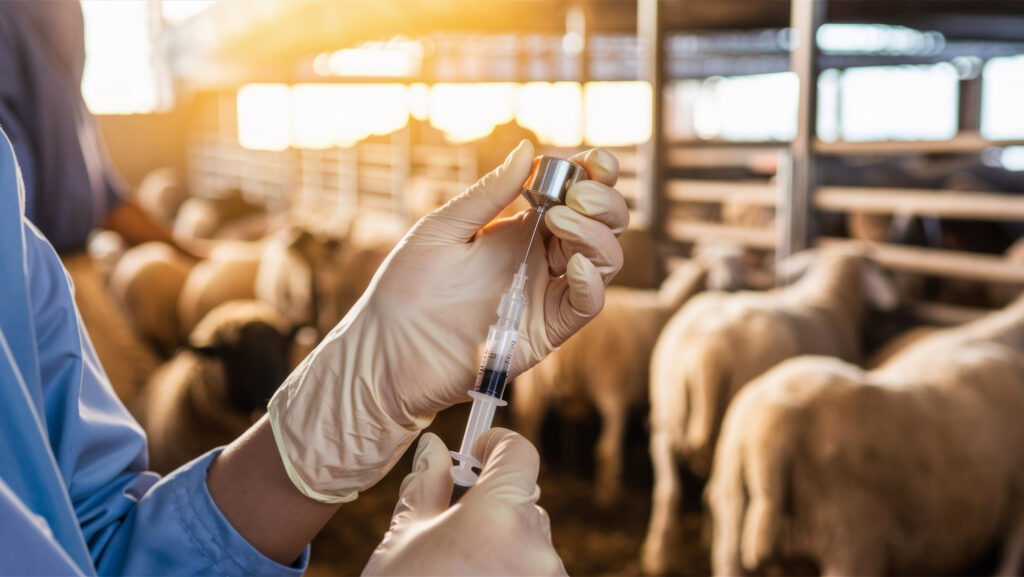Bluetongue vaccination could remove restrictions in 2025
 © Adobe Stock
© Adobe Stock Vaccination could be used instead of movement restrictions to manage bluetongue disease in the UK next year.
Defra and the Animal and Plant Health Agency (Apha) are set to meet representatives of industry bodies and vets on Thursday 7 November to discuss the disease situation, and what the options are going forward.
It comes as nearly one-third of England now falls into the bluetongue restricted zone (RZ) after Apha extended it to include the whole of Northamptonshire and part of Warwickshire, following a confirmed case in Buckinghamshire.
See also: Bluetongue emergency vaccines approved as cases grow
There are now 153 affected premises.
National Sheep Association chief executive Phil Stocker says the biggest impact has been on producers who sell breeding stock.
Many will be forced to sell high-value rams and ewes at cull prices, potentially losing hundreds of pounds an animal in the process.
Although there is the option of blood-testing to move to other farms, this is costly and involves both pre- and post-movement sampling.
Mr Stocker believes that imposing restricted zones has been effective at preventing the spread of the virus to high-density livestock areas.
“That, in advance of vaccination, has been the responsible thing to do,” said Mr Stocker.
As a result, mortality rates have been low, he adds, although there are significant economic consequences for farmers in the RZ.
Thursday’s meeting will look at strategies for the winter, as the level of activity by midges – which transmit the virus – is expected to decrease.
Virus management
Next year could see a different approach to managing virus spread.
“It will depend on whether we accept that bluetongue is now endemic, and manage it with vaccination, or we try to keep the country free of it,” said Mr Stocker.
The latest outbreak originated in the Netherlands in 2023 and has spread widely across Europe this year.
Midges blown over from the continent have infected sheep and cattle in the UK.
According to Defra, bluetongue virus is primarily transmitted by midge bites and affects cattle, goats, sheep, deer, and camelids such as llamas and alpacas.
The impact on susceptible animals can vary greatly – some show no clinical signs or effects, while for others it can cause productivity issues such as reduced milk yield.
It can cause infertility and breathing problems in sheep, cattle and goats. And in the most severe cases, it can kill infected animals.
Bluetongue does not affect people, and meat and milk from infected animals are safe to eat and drink.
